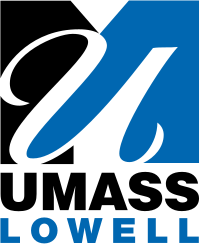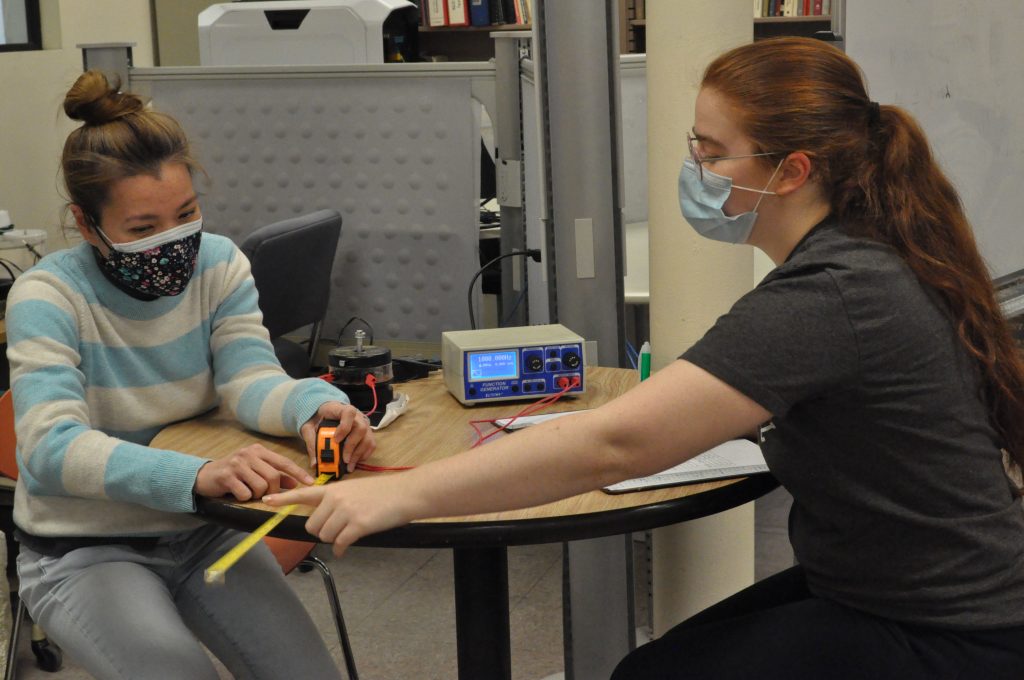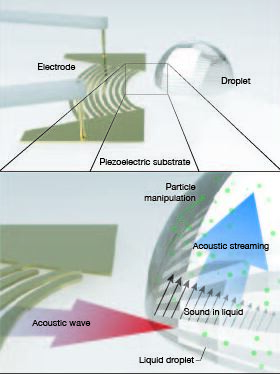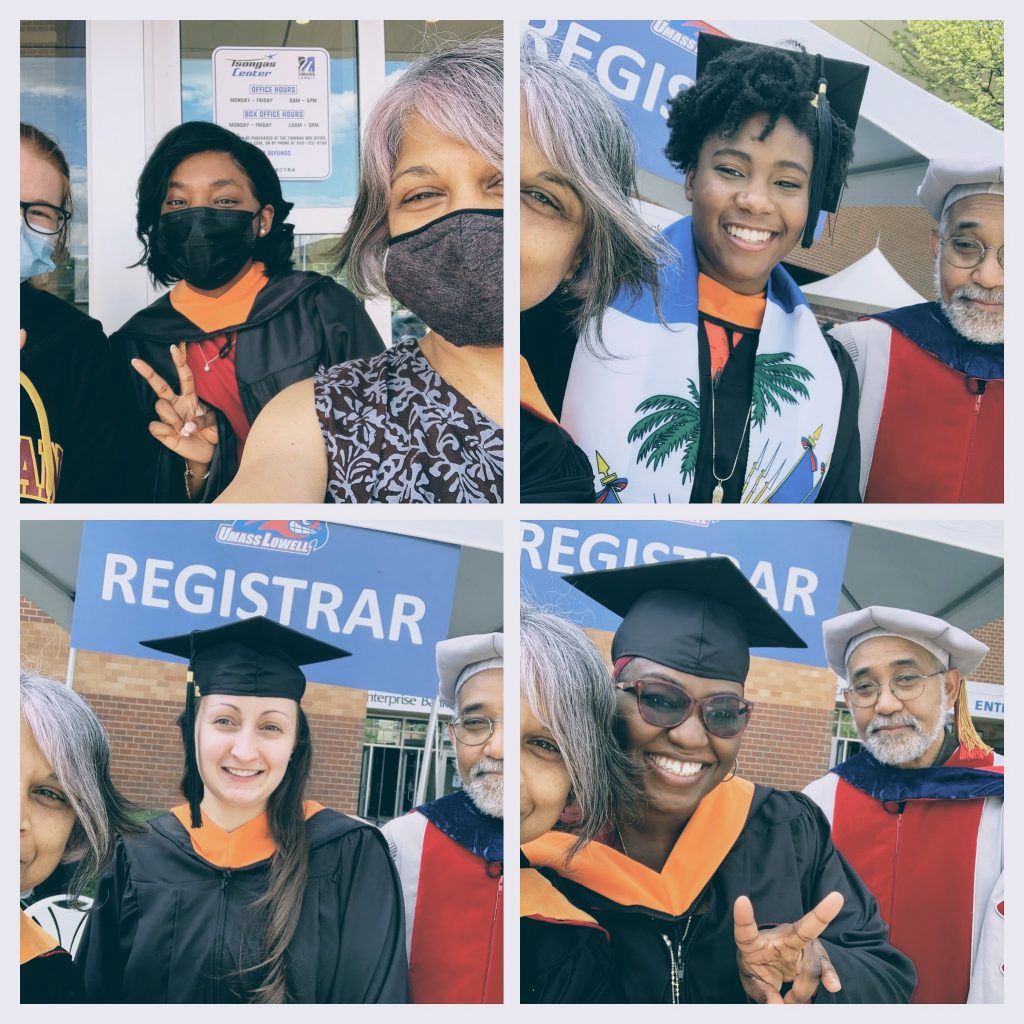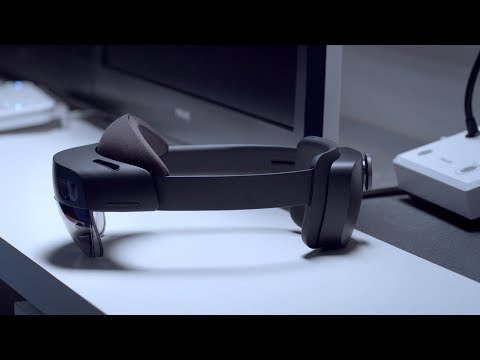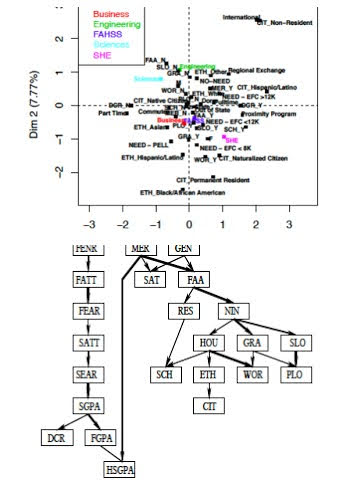CACT is a collective of students, faculty and alumni striving to engage and support a diverse group of researchers and educators in engineering and science
CACT was created in 1990 by Professors Charles Thompson and Venkatarama Krishnan from the Department of Electrical and Computer Engineering with a vision to support students and faculty in interdisciplinary research, education and service. Our research focus is on computational modeling of acoustic, communications and stochastic systems. In the last three decades, over two hundred students from CACT have graduated with degrees in Electrical, Computer Engineering and Computer Science gaining experience in undergraduate and graduate research. The Center promotes the engagement of students in community service and supports their development as mentors and role models.
